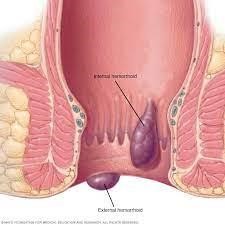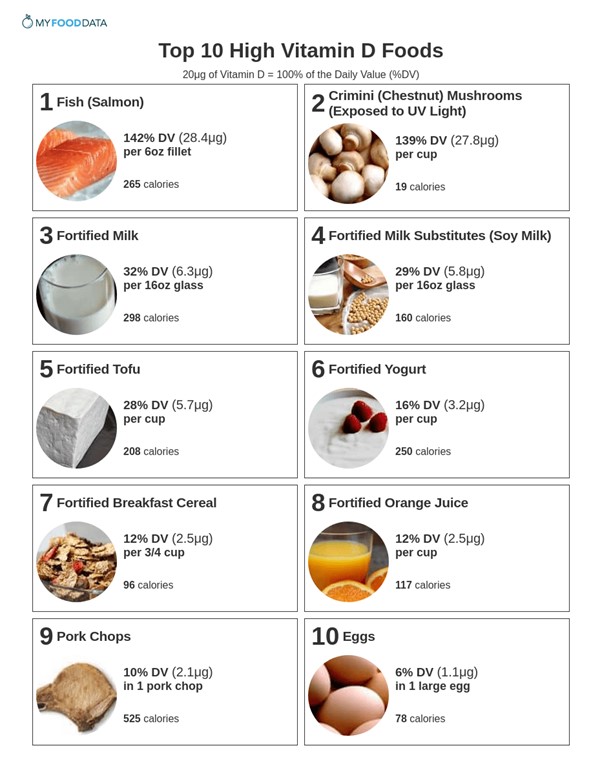A female client with haemorrhoids tells the nurse that she understands the need to avoid eating nuts and seeds to prevent inflammation. How should the nurse respond?
Explain the benefits of a high fibre diet.
Confirm that these foods should be avoided.
Encourage soft foods such as yogurt.
Suggest that the client also avoid fruit skins.
The Correct Answer is B
Choice A
Explain the benefits of a high fibre diet is not correct response. While a high fibre diet can indeed be beneficial for individuals with haemorrhoids by promoting regular bowel movements and reducing strain during defecation, the immediate concern here is addressing the client's understanding about avoiding nuts and seeds. This information could be provided as a follow-up after confirming the client's understanding in response to option B.
Choice B
Confirm that these foods should be avoided is the correct response. In this situation, the nurse's first response should be to confirm the client's understanding and provide accurate information about the need to avoid certain foods. Nuts and seeds can be challenging to digest and may lead to irritation and inflammation in individuals with haemorrhoids. Confirming the client's understanding and providing guidance aligns with the nurse's role in patient education and care.
Choice C
Encourage soft foods such as yogurt is not the correct response. Encouraging soft foods like yogurt is a reasonable suggestion for someone with haemorrhoids, as soft foods are generally easier to digest and less likely to cause irritation. However, the client's statement was specifically about avoiding nuts and seeds. While this choice might be relevant, it doesn't directly address the client's statement.
Choice D
Suggest that the client also avoid fruit skins is not the correct response. This option is not directly related to the client's concern about nuts and seeds. Fruit skins generally contain dietary fibre, which can be beneficial for maintaining regular bowel movements. While some individuals might find that certain fruits with tough skins could exacerbate their haemorrhoid symptoms, this advice might be better suited for a separate discussion about dietary choices rather than as a direct response to the client's statement.

Nursing Test Bank
Naxlex Comprehensive Predictor Exams
Related Questions
Correct Answer is C
Explanation
Choice A
Coffee is incorrect. Coffee can inhibit iron absorption and is not a good choice for increasing iron intake.
Choice B
Hot tea is incorrect. Similar to coffee, some compounds in tea can interfere with iron absorption, making it less optimal for increasing iron intake.
Choice C
Orange juice is correct. Orange juice is a great choice as it is high in vitamin C, which can enhance the absorption of iron from plant-based sources like oatmeal. The vitamin C in orange juice helps convert non-heme iron into a form that is more easily absorbed by the body.
Choice D
Apple juice is incorrect. While apple juice is a source of fluids, it doesn't provide the same level of vitamin C as orange juice, which is important for enhancing iron absorption.

Correct Answer is D
Explanation
Choice A
Bananas are incorrect. While bananas contain some nutrients, they are not significant sources of vitamin D, calcium, or phosphate, which are key nutrients for preventing rickets.
Choice B
Apple juice is incorrect. Apple juice is not a significant source of vitamin D, calcium, or phosphate. It may contain some vitamins and minerals, but it is not a primary food source for preventing rickets.
Choice C
Oranges are incorrect. Like bananas and apple juice, oranges are not significant sources of vitamin D, calcium, or phosphate. While they contain vitamin C, which is important for overall health, they are not the best dietary source for preventing rickets.
Choice D
Fortified milk is correct. Rickets is a condition primarily caused by a deficiency of vitamin D, calcium, or phosphate. Vitamin D is crucial for the proper absorption of calcium and phosphorus in the body, which are essential for bone health and development. Fortified milk is an excellent dietary source for preventing rickets because it is often enriched with vitamin D and calcium, both of which are important for bone mineralization and growth.

Whether you are a student looking to ace your exams or a practicing nurse seeking to enhance your expertise , our nursing education contents will empower you with the confidence and competence to make a difference in the lives of patients and become a respected leader in the healthcare field.
Visit Naxlex, invest in your future and unlock endless possibilities with our unparalleled nursing education contents today
Report Wrong Answer on the Current Question
Do you disagree with the answer? If yes, what is your expected answer? Explain.
Kindly be descriptive with the issue you are facing.
